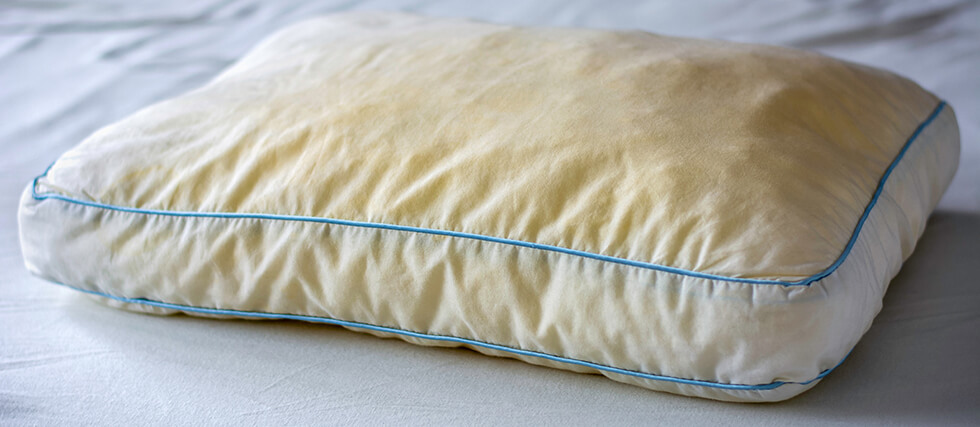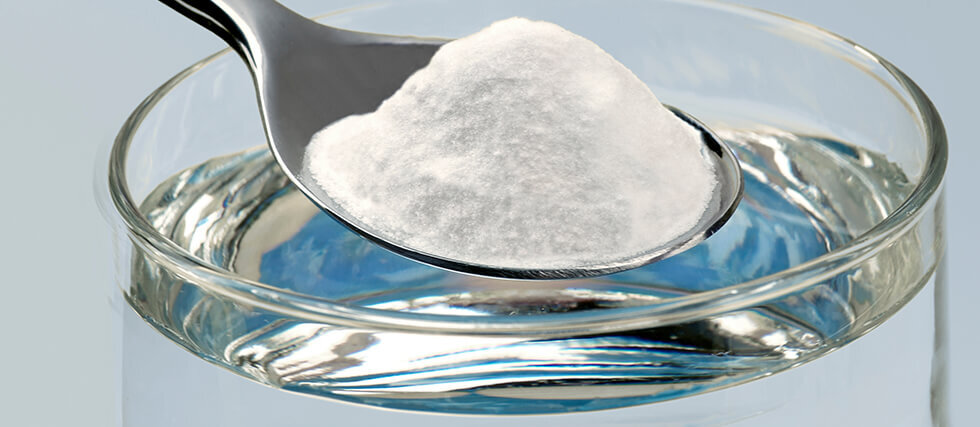Saunas Won’t Melt Fat—But Here’s What They Can Do for Your Health
If you’ve ever hoped a sauna session could replace your workout, we’ve got some news: while sitting in a hot box may make you sweat buckets, it won’t help you burn fat in any meaningful way. That temporary drop in weight? It’s mostly water loss—and it comes right back once you rehydrate.
But don’t dismiss the sauna just yet. While it may not be a magic fat burner, science is clear: saunas offer real health perks worth sweating for.
A Swedish study published in the International Journal of Circumpolar Health found that regular sauna users reported lower blood pressure, reduced pain, better sleep, improved mood, and more energy compared to non-users. Even using a sauna just a few times a month can provide benefits—daily use isn’t necessary to see a difference.
According to Dr. Cynthia Chen-Joea of the American Academy of Family Physicians, saunas are powerful tools for relaxation, recovery, and overall wellness—especially when used mindfully. Newbies should start slow (5–10 minutes) and listen to their body, gradually working up to 15–20 minutes.
As for calorie burn? One study found sauna users burned about 73 calories during a 10-minute session—barely enough to register on the scale. So no, it’s not a weight-loss hack. But it is a smart way to reduce stress, soothe sore muscles, and support heart health.
While saunas won’t help you slim down, they can help you feel better, sleep deeper, and manage stress—benefits that support a healthy lifestyle. Just pair them with real movement, whole foods, hydration, and sleep, and you’ll be on the right track.





